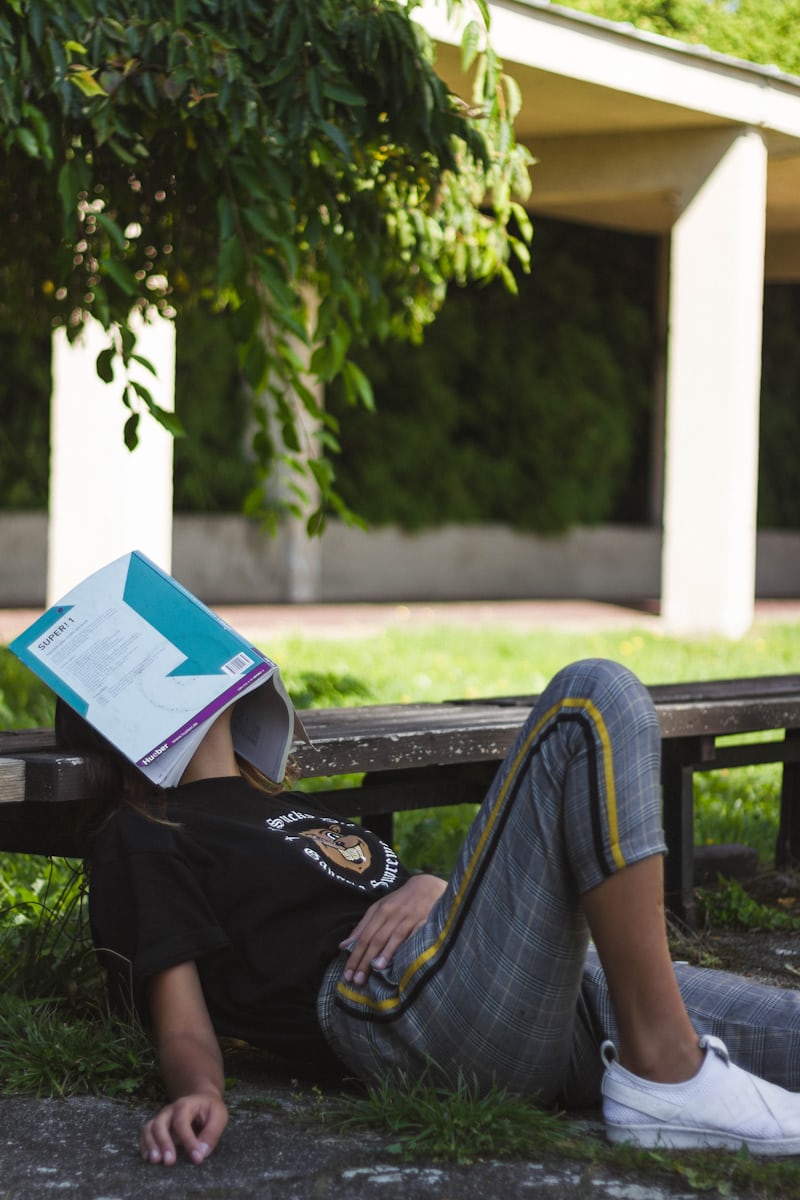Solemnity of the Nativity of the Lord
(Mass During the Day)
Readings: Isaiah 52: 7-10; Psalm 97 (98): 1-6; Hebrews 1: 1-6; John 1: 1-18
Picture: cc Christchurch City Libraries on Flickr
My dear friends, do you remember when you last received a shopping voucher? How did you feel? Did it set your heart racing with excitement? Recently, I bought something online, and received the offer of a $5 discount on my next purchase. To enjoy this benefit, I only have to remember to redeem the voucher, the next time I buy something on the website. Benefits and redemption, two words that should be familiar to anyone who has ever used a voucher.
I realise that this mention of such an apparently secular activity like shopping–and on Christmas Day, no less–may puzzle and even upset some of us. But it’s not my intention to scandalise or to scold. I think we all know well enough that, contrary to what the advertisements may say, Christmas is not just an excuse to buy more things, but a celebration of the birthday of a special person. The One whose coming brings considerable benefits, as our scriptures remind us…
How beautiful on the mountains, are the feet of one who brings good news, who heralds peace, brings happiness, proclaims salvation…. they shout for joy together…. for the Lord is consoling his people… Peace and happiness, salvation, joy and consolation… In case all these benefits don’t sound juicy enough to set our hearts racing with excitement, the gospel goes even further. It tells us that he gave power to become children of God… Power to become children of God. Could anything be greater than that?
And yet, although these benefits are offered to everyone, they need to be redeemed before they can be enjoyed. How? According to the gospel, it is by accepting him, by believing in his name, by submitting to his authority over all of Creation. By truly letting him become the Lord of my life. In other words, to do here on earth, what the second reading says all the angels of God are doing in heaven: to worship him.
To worship him with our hearts and minds and voices, as we do whenever we gather here to celebrate the Eucharist. And to continue worshipping him with our whole lives, even after we leave this sacred place. For since the Eternal Word has become flesh, and after he has completed his loving pilgrimage from cross to grave to sky, every place is now made sacred by his presence. Even the darkness of death cannot overcome the power of his light.
But to truly worship him, I need to stop paying homage to other gods, like money, power and popularity. I need to stop acting as if I were God, trying to control and manipulate everything and everyone for my own purposes. True worship requires a heart made poor and humble by suffering, embraced in love and trust. Isn’t this what that beautiful Christmas crib conveys to all those who have the eyes to see?
Sisters and brothers, much as shopping vouchers may set some hearts racing with excitement, even they will soon expire if left unredeemed. What must we do to truly welcome and worship the poor and humble Jesus this Christmas?



